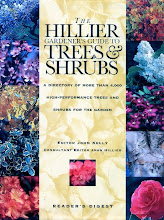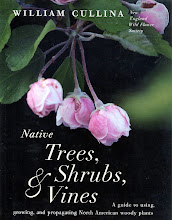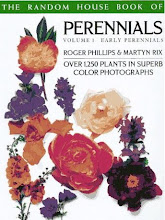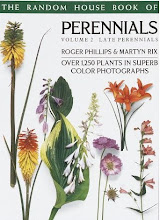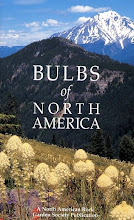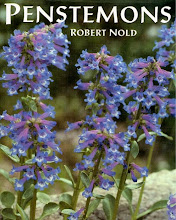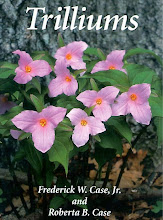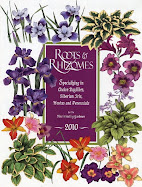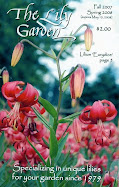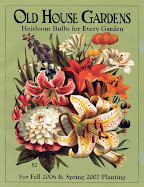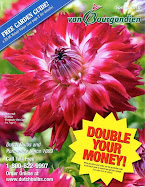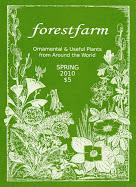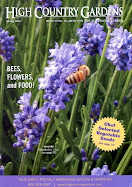Eagle by Alexander Calder, Olympic Sculpture Park April 2011
Love & Loss by Roy McMakin, Olympic Sculpture Park April 2011
Perre's Ventaglio III by Beverly Pepper, Olympic Sculpture Park April 2011
Pocket beach, Olympic Sculpture Park April 2011
Split by Roxy Paine, Olympic Sculpture Park April 2011
Wake by Richard Serra, Olympic Sculpture Park April 2011
Wandering Rocks by Tony Smith, Olympic Sculpture Park April 2011
The Olympic Sculpture Park in Seattle is a wonderful place. There are views of Puget Sound & the Olympic Mountains. There is a remarkably realistic beach constructed in an area where the sea wall was removed. There is sculpture. There is an abundance of late 20th century & early 21st century architecture to be seen from the park. There is a lot of open space divided into areas including a valley, meadows & a grove. The grove is an excellent example of a traditional European bosque, with trees planted at equal distances with geometric precision. These trees are native Populus tremuloides (Quaking Aspen) & quite a number of native forest plants grow in a natural fashion beneath them. In fact, all the plants used in the Olympic Sculpture Park are native to Washington, making it the most impressive native plant garden in the state. The Olympic Sculpture Park came about from a commitment by the Seattle Art Museum & the Trust for Public Land to preserve downtown Seattle's last undeveloped waterfront property. The museum purchased property on Seattle's central waterfront in 1999 with private and public funding. 92,986 cubic yards of dirt was removed from the site of SAM's downtown museum expansion project, and transported to the park for use as recycled fill in 2004. Construction of the Olympic Sculpture Park began in the summer of 2005 & was completed in 2006. The Olympic Sculpture Park opened to the public in January 2007.









































